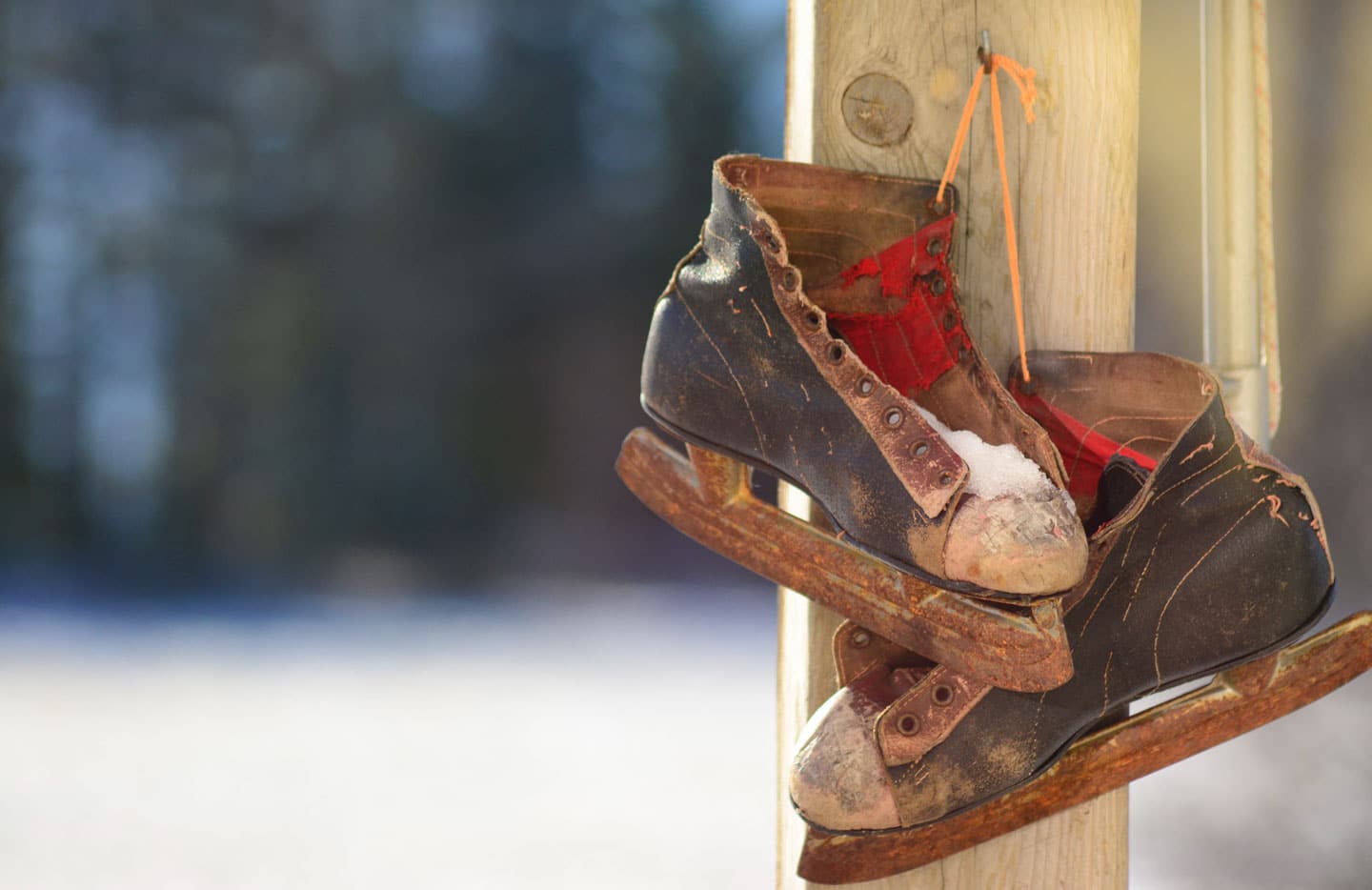By Burt Braunius
December 21, 2014Retired Army Major Craig Massey responded to last week’s email entitled “Leaders Eat Last.” He is a member of Hope Reformed Church, South Haven, MI. Church Leadership Center is providing his Commissioned Pastor training.
Craig helps us understand this leadership principle from a military perspective. In his words…
“The tradition of ‘leaders eating last’ originated, I believe, in the Army—at least that’s where I first experienced and learned this. Whenever food was prepared, especially in a field setting, the officers and NCOs would check that it was properly prepared (hot/cold/sanitary) and then ensure that all soldiers (including those on distant outposts) received their meals before the NCOs ate and then, at the end, the officers.
“There were two reasons at least; soldiers did the hard and dangerous work and usually suffered the most — they needed the calories more. But in a larger sense, it was the example that the officers ‘set the example’ by demonstrating that soldiers were important and that little could be accomplished without them. In addition, officers were always being observed by soldiers as to their character. Any officer worth his salt would never break this tradition and would go without a meal before shorting a soldier his….
“Anyone who’s been an Army leader has the basic philosophy drilled into them: ‘Mission First, then the welfare of the troops.’ This is a rendering down from a dozen or so Leadership Traits and Principles taught at all levels, at all of the service schools for both officers and NCOs. The higher one goes through the ranks, the foggier these become. It is those who continue to hold to this philosophy, however, who are regarded most highly by those beneath.
“Officers eating last is a philosophy of leadership that encompasses everything and is indeed understood by the NCOs as well and expected of their officers. An officer’s character is tested in this manner; does he sacrifice himself to accomplish the mission? How? How often? Does he eschew comforts the troops do not have? Does he keep his word? This is perhaps the most important and is again, demonstrated by his behavior in front of troops, in garrison (day-to-day routine) or in combat. I could go on and on but this again is the philosophy. There are privileges to rank. Everyone recognizes this and does not begrudge their leadership these traditions. But, the privileges tend to vanish when the going gets tough.
“Robert Greenleaf wrote ‘Servant Leadership’ long time ago. To my knowledge, he never served in uniform but was highly regarded in his writings on the type of leadership…
“Christ is the supreme example of Servant Leadership. This is actually what Officer Christian Fellowship teaches and promotes, and has since its inception around WWII.”
Church Leadership Center trains leaders to “eat last.” We serve churches and other ministry groups to prepare congregational leaders for advanced levels of ministry responsibility. We do this by means of assessment interviews and reports; personalized training plans, classes, and certification so that participants are able to increase their effectiveness in all areas of church life. Click here for more information from our web site and to read previous blogs. To view videos about Commissioned Pastors and those who support them, click here.
William C. (Craig) Massey enlisted in the Army as a Private, became a Staff Sergeant, and retired as a Major. Some of his titles have included Artillery Section Chief, Service School Instructor, Platoon Leader, Battery Commander, Operations Officer, and Inspector General Investigator and Assistance Officer. The above picture is of Major Massey while on duty in Kabul, Afghanistan, 2009.









